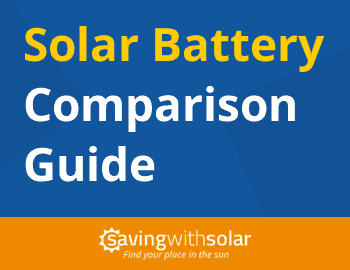Victoria announced some more details of their solar homes package yesterday – and one of the interesting things that came out of this announcement were some specifics on what constitutes a ‘smart inverter’.
Smart Inverters required under the Victorian Solar Homes Package
Victoria’s Solar Homes Package provides a rebate up to $2,225 or 50% of the price of a solar power system. This is in addition to Australia’s country-wide solar subsidy (STCs). They’re also responsible for solar battery rebates in Victoria and offer an affordable and exciting way to install solar and/or energy storage at your premises.
“Victorians have been enthusiastic about adopting renewable energy technology, to take charge of their power bills and help protect the environment,” Minister for Solar Homes Lily D’Ambrosio was quoted online as saying. “Ensuring all new systems are equipped with smart inverters will mean we have a more responsive grid that can handle the rapid uptake of renewable energy.”
With the concept of a ‘smart inverter’ being somewhat of a misnomer, in that it’s not really clear what would make an inverter smart. Solar Quotes initially called it a ‘buzzword’, but, with the release of the Government’s Notice To Market, we are now able to discuss the functionalities an inverter will have to have if can be rebated by the Victorian Solar Homes Package:
a) “Enhanced Anti-Islanding”
No inverter is an island. “Normal” anti-islanding refers to turning off the inverter as soon as grid power is lost, as it has the possibility to damage grid equipment and can also be very dangerous for those on the grid trying to fix things up (as it can turn a ‘dead’ power line into something you really don’t want to be working on). A ‘smart inverter’ would have an inverter which complies with international standard IEC 62116, a comprehensive standard to ensure the inverter is able to work well above minimum safety requirements.
b) Volt-Watt / Volt-Var
These features “facilitate greater penetration of distributed energy sources (DER) by automatically improving power quality”, as per the Victorian Government. This isn’t a major issue as their Notice to Market notes that 95% of inverter installations under the rebate scheme have installed suitable brands with these options, (and, indeed, 95% of the inverters have ‘enhanced anti-islanding’.
It’s great to get some clarification on this and we’re excited to see how the rest of the solar homes package ends up.

